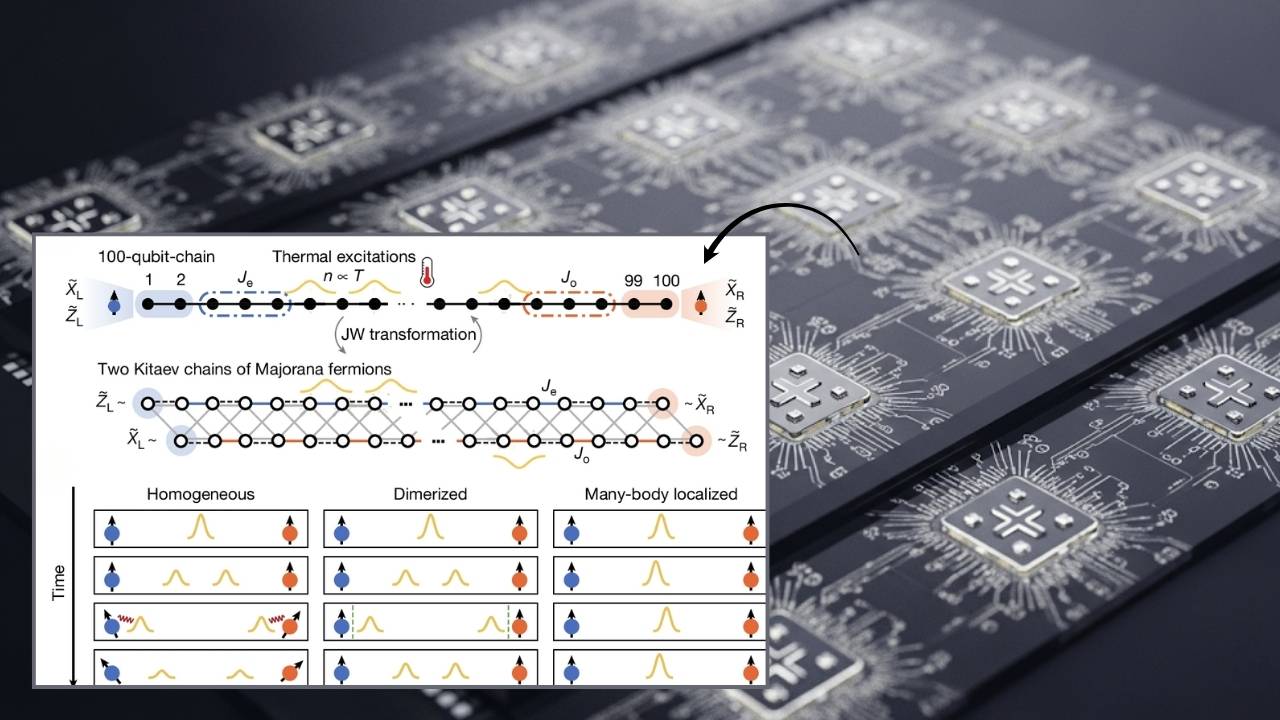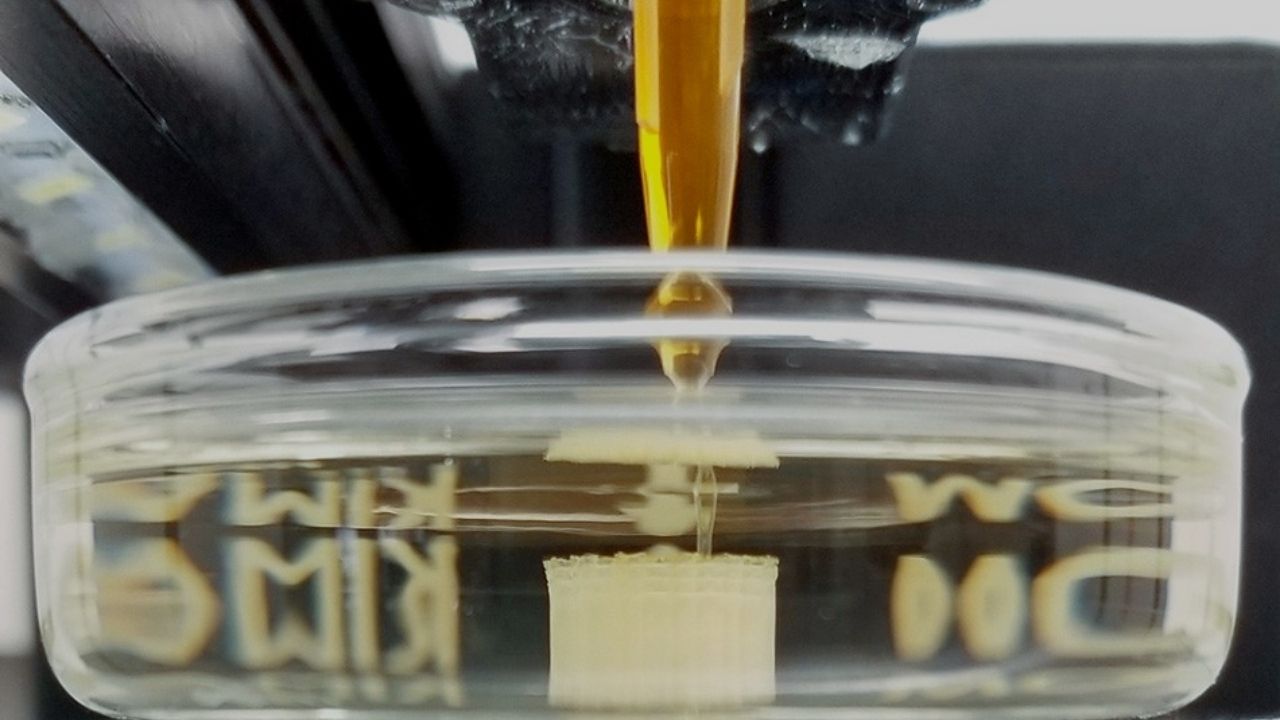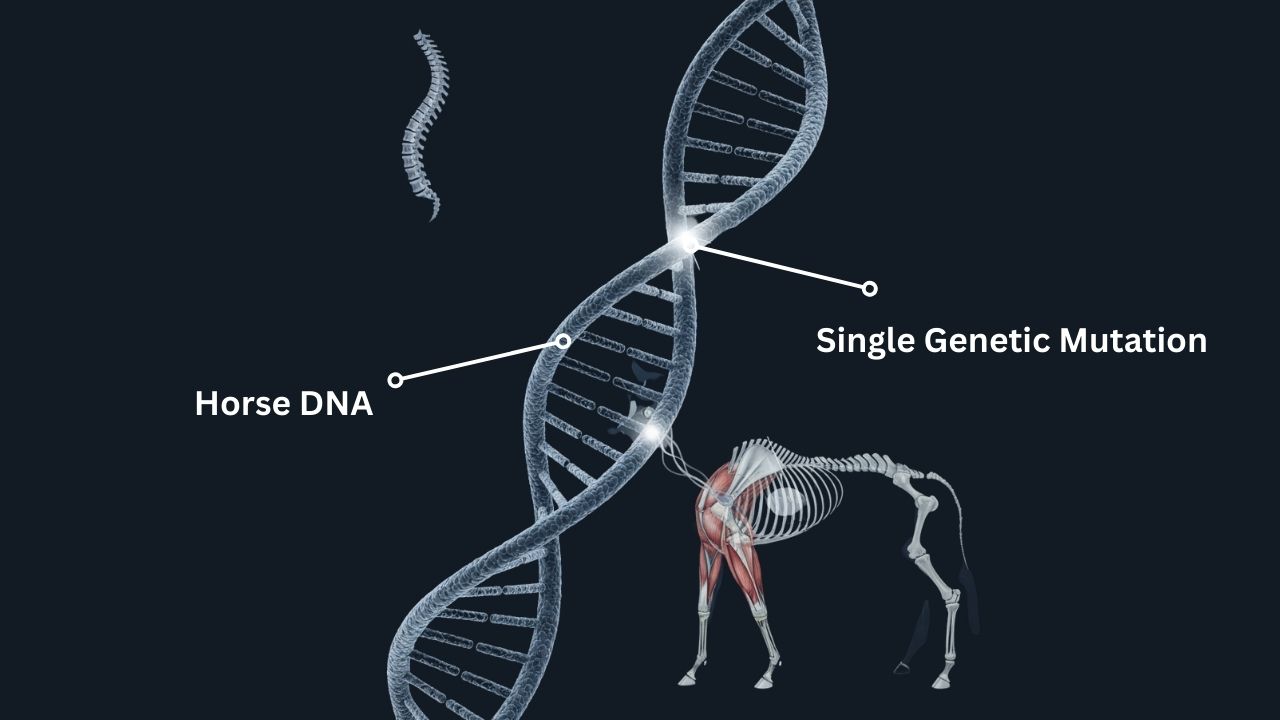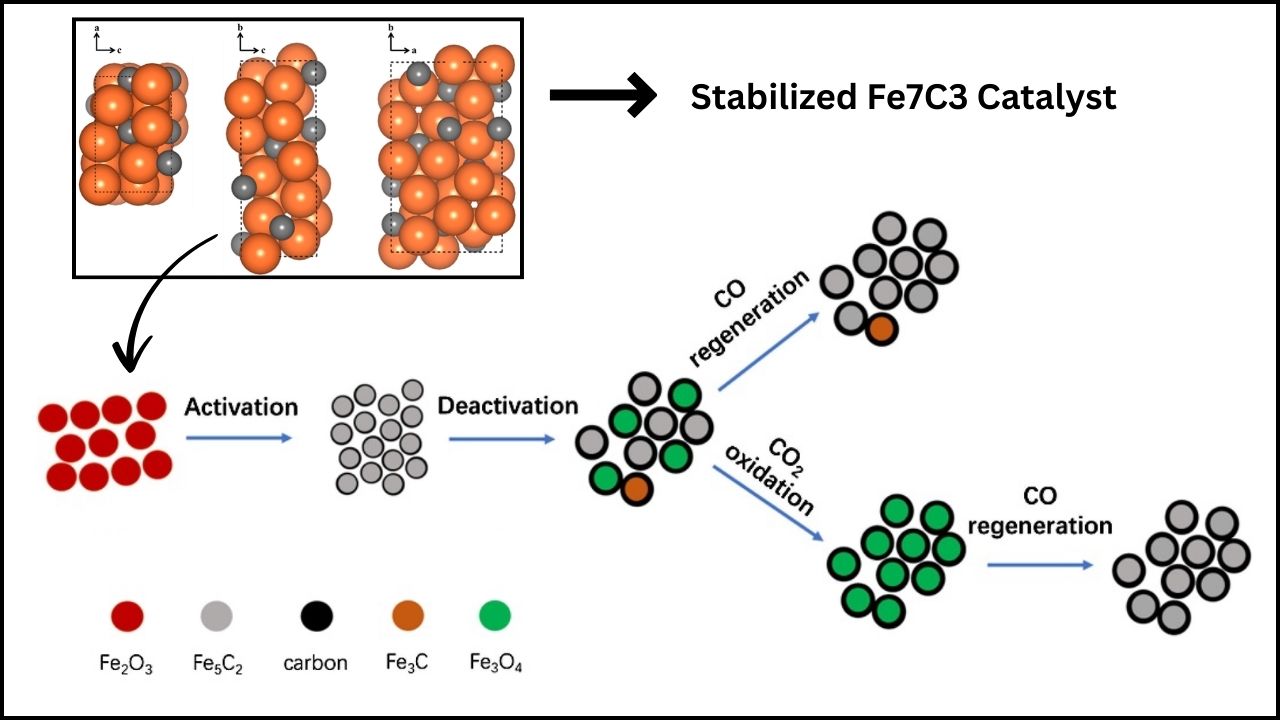Crucial Role of Quantum Science: Quantum science isn’t just for rocket scientists or tech geeks anymore—it’s front and center in shaping our future, and now, UNESCO is putting it in the global spotlight. With the launch of the International Year of Quantum Science and Technology (IYQ) 2025 and a sweeping Global Survey, UNESCO is calling on everyone—from students to seasoned pros—to help map out where quantum science stands and where it’s headed next.

Let’s break down why this matters, what’s at stake, and how you can get involved—whether you’re a curious kid or a tech industry veteran.
Why Quantum Science Is a Big Deal
Quantum science is like the secret sauce behind some of the wildest tech breakthroughs of the 21st century. We’re talking about computers that can solve problems in seconds that would take regular computers a million years, super-secure ways to send messages, and even new ways to fight disease and tackle climate change.
But here’s the kicker: not everyone has the same access to these powerful tools. There’s a growing “quantum divide” between countries and communities with the resources to jump on the quantum bandwagon and those left in the dust. That’s where UNESCO’s new survey comes in.
Crucial Role of Quantum Science
| Topic | Details | Key Stats/Data | Career/Professional Info |
|---|---|---|---|
| International Year of Quantum Science and Technology (IYQ) 2025 | UN-declared global celebration and awareness campaign | Proclaimed by UNGA June 2024; 100 years since quantum mechanics’ birth | Opportunities for researchers, educators, policymakers, and industry |
| UNESCO Global Survey | Maps global quantum research, infrastructure, and workforce | Survey open until June 15, 2025; 7 sections, ~15 min to complete | Input shapes policy, research funding, and collaboration |
| Quantum Divide | Gap in access to quantum tech and education | Developed vs. Global South disparities highlighted | Focus on inclusivity, gender equity, and workforce development |
| Career Opportunities | Quantum tech is booming in computing, health, energy, and more | Demand for quantum-ready workforce; industry showcases by IBM, Microsoft, Quantinuum | Quantum 100 initiative recognizes global contributors |
Quantum science is shaking up everything from how we send texts to how we fight disease. With UNESCO’s International Year of Quantum Science and Technology and the Global Survey, the world is coming together to make sure everyone can ride the quantum wave—not just the lucky few. Whether you’re a student, a pro, or just quantum-curious, now’s your chance to get involved, learn something new, and help shape the future.
What’s the Scoop on UNESCO’s Global Survey?
UNESCO’s survey isn’t just another online questionnaire—it’s a global call to action. The goal? To get a real-time snapshot of quantum research, education, and workforce development around the world. The results will help policymakers and industry leaders make smart decisions about funding, training, and international cooperation, so no one gets left behind in the quantum race.
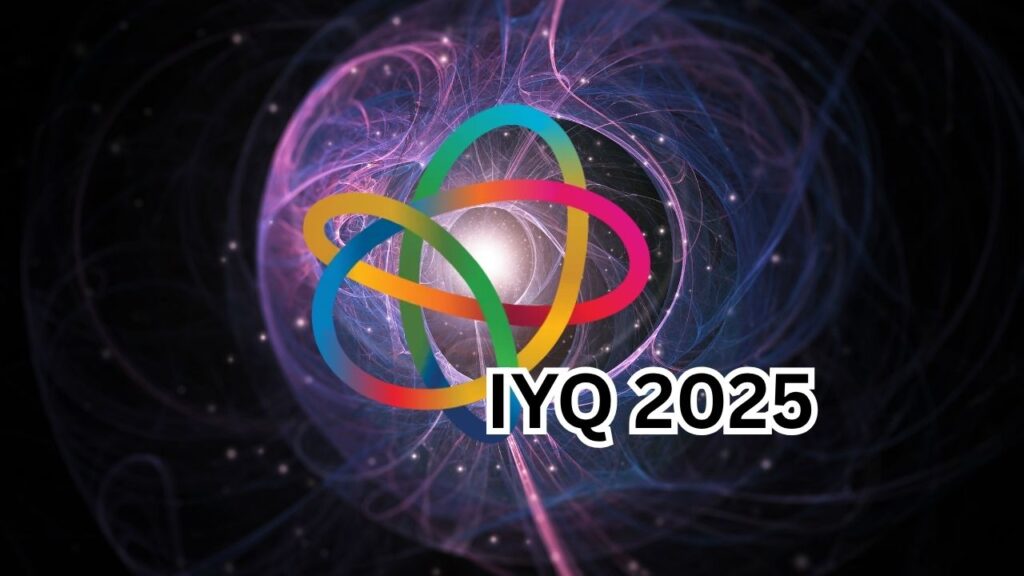
Who Should Take the Survey?
- Quantum researchers and scientists
- Educators and students
- Industry professionals (tech, healthcare, energy, etc.)
- Policymakers and government officials
- Anyone interested in the future of science and technology
Why Take Part?
- Shape global strategies for inclusive quantum tech growth
- Highlight challenges and opportunities in your region
- Connect with a worldwide network of quantum professionals
- Influence where funding and resources go next
How to Participate:
The survey is open until June 15, 2025, takes about 15 minutes, and covers topics like research status, infrastructure, funding, and workforce needs.
Breaking Down Quantum Science: What’s It All About?
What Is Quantum Science, Anyway?
Quantum science deals with the tiniest building blocks of our universe—particles like electrons and photons that don’t play by the usual rules. In the quantum world:
- Light can act as both a wave and a particle.
- Particles can exist in more than one place at once (wild, right?).
- Two particles can be “entangled,” meaning they’re linked even if they’re light-years apart.
Real-World Quantum Tech Examples
- Quantum Computers: These machines can crack codes, simulate molecules for new medicines, and optimize logistics way faster than today’s supercomputers.

- Quantum Communication: Super-secure messaging that even the best hackers can’t break.
- Quantum Sensors: Ultra-precise devices for medical imaging, earthquakes, and even navigation where GPS doesn’t work.
Why Should You Care?
If you’re a kid dreaming of being a scientist, quantum tech could be your ticket to changing the world. For professionals, quantum skills are in hot demand—think six-figure salaries and jobs at the cutting edge of tech.
The Quantum Divide: Who’s In and Who’s Out?
Not everyone’s got the same shot at quantum greatness. Wealthier countries and big tech companies are racing ahead, while many developing nations struggle to keep up. This “quantum divide” could mean some places get all the benefits—like better healthcare and jobs—while others get left behind.
UNESCO’s Plan:
- Map out where the gaps are
- Boost funding and training in underserved regions
- Promote diversity and gender equality in quantum science
- Foster global teamwork so everyone gets a fair shake
How Quantum Science Powers the Future
Tackling Big Challenges
Quantum science isn’t just cool—it’s crucial for solving real-world problems:
- Climate Change: Quantum computers can model complex systems, helping us find better ways to fight global warming.
- Healthcare: Quantum tech could lead to new drugs and faster diagnoses.
- Digital Equity: Secure quantum communication can protect privacy and data for everyone, everywhere.
Quantum Careers: What’s Hot Right Now?
- Quantum Software Developer
- Quantum Hardware Engineer
- Quantum Algorithm Specialist
- Quantum Security Analyst
- Quantum Research Scientist
Big names like IBM, Microsoft, and Quantinuum are hiring, and UNESCO’s Quantum 100 initiative is shining a light on the diverse people making waves in the fiel
How to Get Involved—No Lab Coat Required
For Students and Teachers
- Check out free resources from the IYQ 2025 website.
- Organize a quantum science fair or classroom event.
- Join online workshops and webinars—many are kid-friendly!
For Professionals
- Participate in the UNESCO Global Survey.
- Network with global quantum leaders via IYQ events.
- Apply for recognition through the Quantum 100 initiative.
For Everyone
- Share #IYQ2025 and #QuantumCurious on social media.
- Attend local or virtual IYQ events.
- Stay curious—quantum science is for all of us!
Robots and Smart Glasses Learn to Recognize Individuals in Real Time
Violent Solar Eruption Launches Coronal Mass Ejection Triggering Rare G4‑Level Geomagnetic Storm
Quantum Mechanics Centennial Spurs International Year Of Quantum Science & Technology
FAQs About Crucial Role of Quantum Science
Q: What is the International Year of Quantum Science and Technology (IYQ)?
A: It’s a year-long, UN-backed celebration to raise awareness about quantum science’s impact and future, marking 100 years since quantum mechanics began.
Q: Who can take the UNESCO Global Survey?
A: Anyone involved or interested in quantum science and technology—students, researchers, industry pros, and policymakers.
Q: Why is quantum science important for kids and schools?
A: Quantum science is the future of tech, medicine, and more. Learning about it now opens doors to exciting careers and helps build a smarter, fairer world.
Q: How can I learn more or get involved?
A: Visit the official UNESCO IYQ website for resources, events, and news.
Q: What’s the “quantum divide”?
A: The gap between countries and communities with access to quantum tech and those without. UNESCO is working to close this gap through education, funding, and global teamwork.
